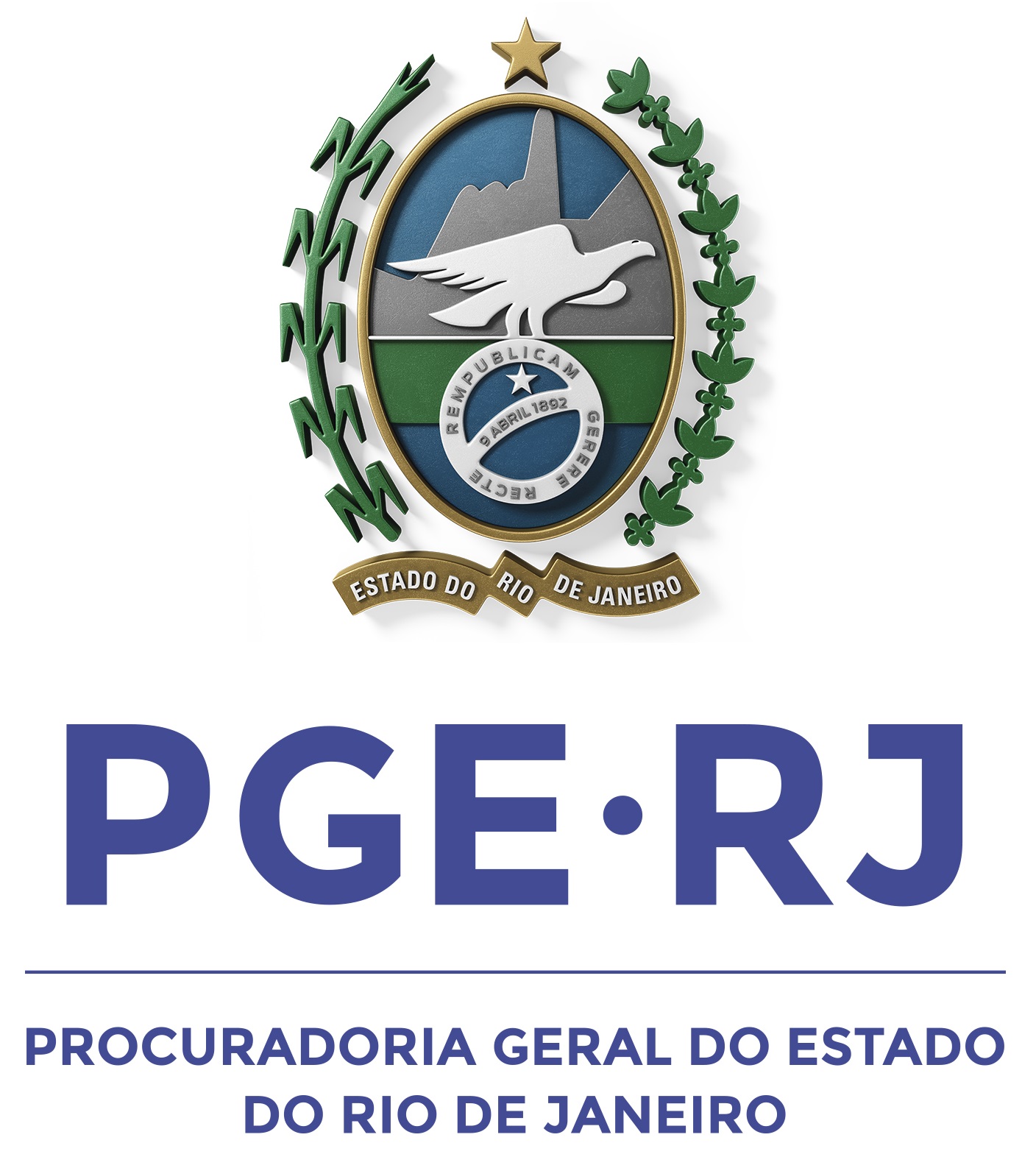Respecting principles in data sharing
bases for legal reasoning
DOI:
https://doi.org/10.46818/pge.v4i3.269Keywords:
LGPD, Privacy, Data Protection, Information Security, Contractual agreementsAbstract
The scope of the article is to provide recommendations on how to structure contractual clauses for the sharing of personally identifiable information between a controller and a processor. We initiate the article by commenting the first guide published by the National Data Protection Authority with non-binding guidelines regarding processing agents and the Brazilian Data Protection Officer. The guide is the first of its kind published by the Brazilian regulatory authority and is divided into seven chapters. We decided to divide this item into eight relevant topics, which are: processing agents; controller; joint controllership; singular controllership; processor; subcontracted processors; encharged: the Brazilian DPO. Additional comments. Later, we summarize the civil liability framework for processing agents designed by the Brazilian General Data Protection Law. From this moment on, we focus on straightforward recommendations regarding issues that deserve special attention in the negotiation of contractual agreements that deal specifically with personally identifiable information. Then, we broaden the scope of the recommendations to the theoretical level, in order to define bases for a legal reasoning that, through the use of principles, works as a guideline capable of directing interpreters in abstract cases of data sharing. Finally, we conclude with an overview of the ideas presented in the article.
Downloads
Downloads
Published
How to Cite
Issue
Section
License
Copyright (c) 2021 Bernardo José Oliveira Araujo

This work is licensed under a Creative Commons Attribution-NonCommercial 4.0 International License.
By submitting a manuscript, authors agree to the terms of the Copyright Notice. They also authorize Revista Eletrônica da PGE-RJ to publish this manuscript under a Creative Commons Attribution-NonCommercial 4.0 International License and recognize it as a vehicle for its original publication.




















